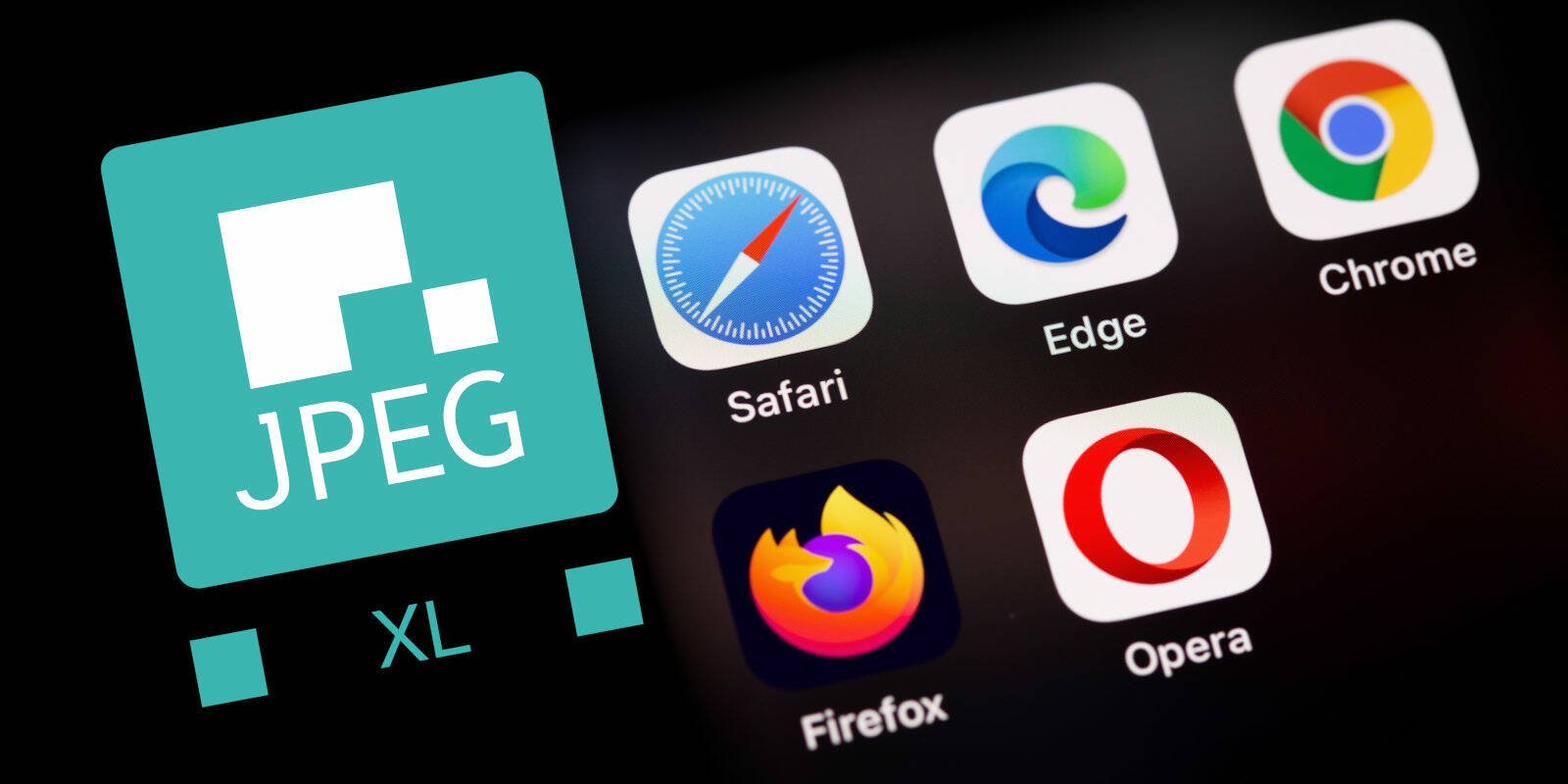- Browser makers Apple, Google, Microsoft, and Mozilla have announced Interop 2024, a project to promote web browser interoperability.
- JPEG XL, a potential replacement for JPEG and PNG image formats, was not included in Interop 2024.
- The rejection of JPEG XL has been blamed on Google, with the Google Chrome team deciding not to support the image compression technology.
Archive link: https://archive.ph/nulY6



Why do you need to transition from jpeg to anything else? Just keep using jpeg for old files.
That’s not a “reason” it’s a “decision”. Their actual reason is pretty good — they don’t want to support every image format that comes along. That’s a slippery slope, there are several hundred image formats - should they all be supported? How many of them have security flaws? How much work is it to check for security flaws even if none exist?
The original image formats for the web, jpeg, gif, png, svg, all have major benefits compared to each other. That’s why they were successful. There used to be other widely used image formats but they all fell by the wayside because the goal is to try not to have many formats. Ideally we’d only have one.
And WebP moves a long way in that direction, it does basically everything except vector images. AVIF is still around for efficiency reasons (it’s very really easy/fast/low battery consumption for camera hardware to create an AVIF).
JPEG-XL has advantages but unlike those two they are really small and not worth the effort.
Converting from jpeg to jxl comes some serious space savings and can be done losslessly.
We change video formats without any major benefits of one over the other. I think it’s totally reasonable to do the same with image formats. Especially the data can be losslessly compressed even more.
I wouldn’t call speed a major factor for image processing anyway. It’s hugely important for movies, where AVIF is coming from, but much less so when there is no hard 30x2160x3840 pixels/s benchmark you need to reach.
And bloat up my codebase with support for a new file extension every 2-5 years? I’ll just keep using jpg, then, like the rest of the sane internet, and the format will never die. JXL offered an actual upgrade path, webp and avif doesn’t.